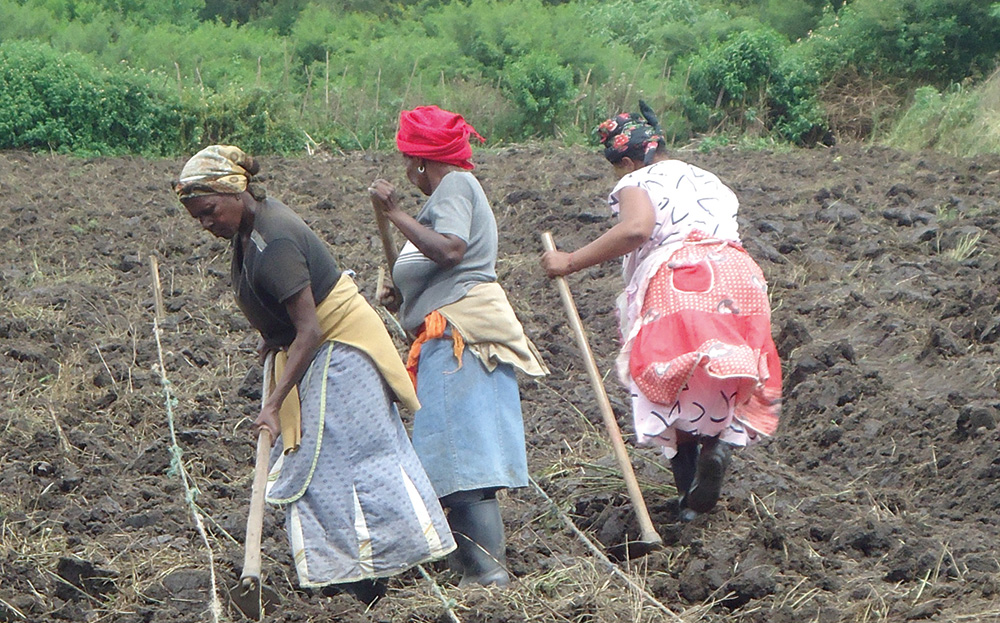DLG-Verlag was founded in 1952 as a subsidiary of DLG e.V. (Deutsche Landwirtschafts-Gesellschaft - German Agricultural Society) with its headquarter in Frankfurt/ Germany. The publishing company provides expertise for the agricultural and food sector.
With its subsidiaries Max-Eyth-Verlag and DLG-Agrofood Medien GmbH the DLG-Verlag offers books and magazines, as well as catalogs of the DLG's international DLG exhibitions.
Members:
Resources
Displaying 16 - 20 of 316Land reform – the solution to rural poverty?
Following the end of apartheid, South Africa’s government set itself ambitious goals with a planned land reform. However, there have since been barely any changes in the country’s agricultural structure, and the positive impacts that were hoped for on rural livelihoods have hardly materialised. A critical assessment of 22 years of land reform policies.
Those in darkness drop from sight
Sierra Leone is one of the least developed countries in the world and is still recovering from a civil war that ended in 2002. Increasingly, the Sierra Leonean government seeks to attract foreign investors through providing opportunities for large-scale land leases for the development of agribusiness. This has triggered a rapid transformation process that poses a considerable threat to food security and social stability. Despite being a pilot country for the implementation of the Voluntary Guidelines on the Responsible Governance of Tenure, there is no real change on the ground as yet.
Improving land governance – for the sake of the rural poor
Land and associated property is a major source of individuals’ identity and livelihood. The way in which land rights are assigned and can be used is a key determinant of equality of opportunity, environmental sustainability, social/economic transformation, and the ease and extent of public service provision. This article discusses why land rights are important but often only weakly protected and describes how recent technological developments make public efforts to secure such rights much easier – with tangible impacts for rural development.
Biogas in Vietnam: Simple technology with a major impact
Biogas in Vietnam is chiefly the story of the success of small domestic digesters. However, a feed-in tariff for electricity generated by biogas plants could soon lead to larger scale use of the technology, and so provide new sources of income for farmers.
Insects – a protein source with a recycling potential
Like in other areas of livestock keeping, the growing demand for fish raises the question of how the feeding of animals can be maintained without competing with the provision of food for humans. The use of insect proteins could help save natural resources while simultaneously making use of organic waste.






